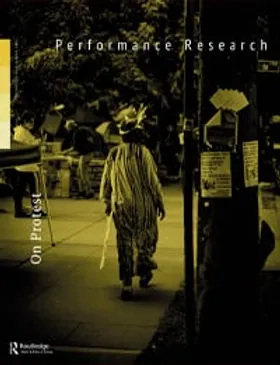Strong arm of the law
Strong arm of the law
Anti-capitalists take to Montreal’s streets to
protest so-called extreme policing and the
criminalization of dissent at the G20
Three weeks after a billion dollars’ worth of G20 security locked down Toronto, protesters are asking whether extreme policing is the extreme reaction to protesting in Stephen Harper’s Canada. Many groups, including everyone from Amnesty International to Toronto’s Deputy Police Chief, have endorsed a call for an independent public inquiry to find out who is responsible for the heavy-handed police tactics that ended in over 1,000 arrests. Meanwhile, a national day of protest is being held this Saturday, July 17.
“It’s not one of our demands but
it’s important that an inquiry bring to light the orders that were
given, who gave them out and why so many people were arrested and
treated like animals,” says Mathieu Francoeur of the Convergence
des luttes anticapitalistes (CLAC) who are organizing the Montreal
rally. Saturday’s demo is demanding that charges against protesters
be dropped, prisoners be freed and an end to the criminalization of
dissidence.
“That means the police’s
willingness to intimidate people, to scare them with arrests, and
horrible conditions of detention, to lay serious charges against them
to discourage them from going to protests. If we don’t oppose this
we get the impression that it’s only going to get more difficult to
organize demos,” explains Francoeur.
Beside its exorbitant price tag, the
G20 Summit set several precedents that the CLAC are eager to
challenge, from the tactic of mass arrests to the targeting of people
with a “protest look.”
“We’re seeing protest being made
something that’s illegal as people are in danger of facing serious
charges just for being protesters,” says the CLAC’s Robyn
Maynard. “It’s really important that we’re critical of what
happens because we don’t want people seeing it as normal.”
CLAC’s buses took hundreds of
protest-ready Montrealers down to the summit in Toronto. Over 100 of
the 1000 people who found themselves arrested were from Montreal.
“400 people came down on the buses and about 150 came back on the
Sunday,” says Maynard. “One of our buses was completely empty on
the way back and the bus driver wanted to stay so she could pick up
the people who were going to get released but the police threatened
her with arrest so she left the city.”
Intimidation tactics may already have
been successful in scaring off people from attending the Toronto
protests. “We’ve heard from many people who wanted to go to
Toronto but were afraid of being arrested or injured by the police,”
says Francoeur. Many of these people showed up to the first
solidarity rally with those arrested that the CLAC organized on July
1.
Francoeur says he hopes the police
won’t be too present at the July 17 demo, since many of those who
will come out will be living with the traumatic memory of their
recent arrest in Toronto.
“They were treated violently, they
were threatened. Unfortunately at our July 1 demo, there were a lot
of police. They had police disguised as protesters in the
demonstration. We managed to spot them, but they were still able to
arrest two people. So there’s still intimidation going on.”
Francoeur insists that Saturday’s
demo is a family-friendly event that will attract not only those who
were arrested in Toronto but anyone who is opposed to what took place
there.
The protest against police tactics at
the G20 summit takes place July 17 at 1 p.m. at Phillips Square.
Similar demos demanding the release of those jailed and an end to the
criminalization of dissent will be taking place the same day across
the country. See clac2010.net
for information. A fundraising concert to help the legal defence is
happening at the Playhouse (5656 Avenue du Parc) July 16 at 11 p.m.
Montreal Mirror 15 July 2010 (this is the unedited text)



Comments
Post a Comment